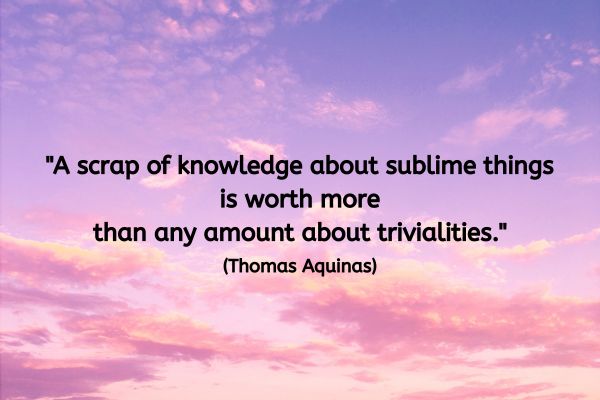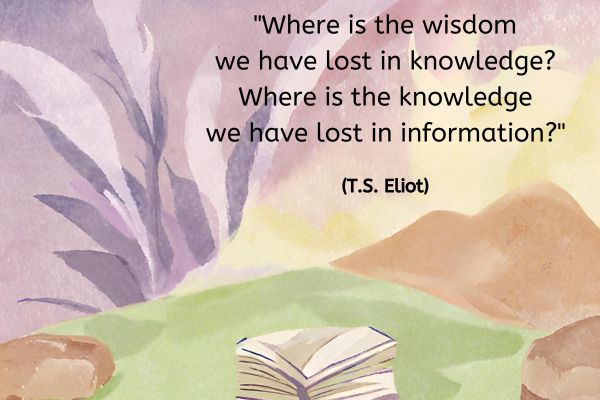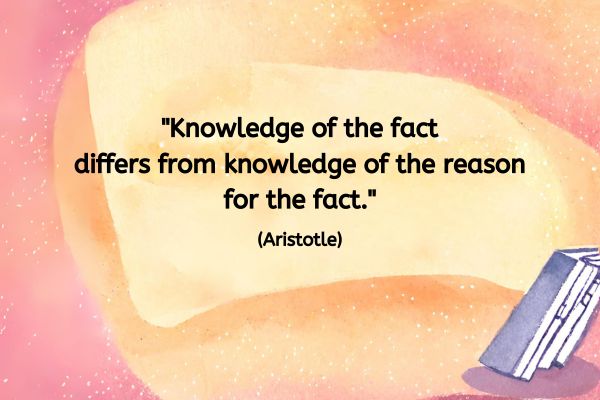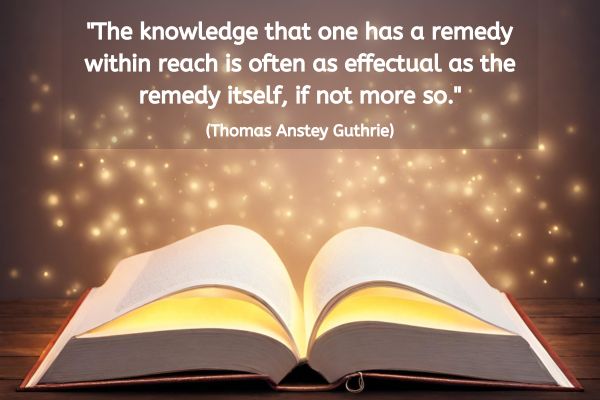
7 things to do when you don’t know what to do next in a coaching session
I often speak to those new to coaching who feel that as part of their preparation to coach in a coaching session they must have the entire session planned in advance.
The underlying fear behind this is often that without this they could get “stuck” mid-way through the session. They may find themselves at a point where they don’t know what to do next. Not having any idea what question to ask or an exercise etc that will move their client forward.
This often involves a whole imagined nightmare scenario of their client judging them for a lack of skill, knowledge, professionalism and all round unworthiness. Not to mention being fired immediately by the client and never having another client ever again!
For the record, I’ve never come across anyone who has experienced that imagined scenario in real life, though I’ve found plenty who are afraid of it happening. 😉
If this is a fear that you experience then let me say that you will probably find that the more coaching experience you get, the more techniques, strategies and skills you’ll gain. Which makes the prospect of getting stuck less and less likely.
I thought today it may be useful to share 7 steps of what to do if you find yourself “stuck” with what to do next during a coaching session.
1. Breathe!
Take a breathe and allow yourself to relax.
Often when a coach feels that they are in this situation their focus has turned inwards. Their attention is caught up with what’s going on in their own head. Usually thoughts are going at a thousand miles per hour and/or they are starting to panic about what you’ll do next.
None of that usually helps for inspiration to spark and creativity to flow.
It’s worth pointing out at this stage that it’s not outside the realms of possibility that your client is in a similar situation. So you may also become aware that your client could also benefit from taking a moment to slow down their thoughts and also take some time “out” to breathe.
2. Listen
With your full focus upon your client pay full attention to what they are saying. Watch out for the words that they are actually using and not any interpretation you may have added. There can sometimes be clues in the language they use which when you incorporate it into a question can produce powerful responses. As these questions are “tailored made” for the client you won’t find them written down in any coaching course material.
Also notice how someone says something. For example, if they are telling you about something they say they really want, how are they telling you? If they don’t “come alive” when they talk about it use it as a signal to explore more about what they are not saying.
3. Are you clear with what your client wants to get from the session?
Feel that your coaching session is heading in an aimless direction? It can be worth checking that you, and your client, are clear about what they wanted from the session.
Once you have that clarity ask yourself, and even your client, what will move them closer to achieving that session goal?
4. What is getting in your clients way?
Have you identified what’s stopping your client from moving forward? You don’t need to have shared this with your client if it’s not appropriate but if you can see the perceived “problem” then it is easier to identify a line of questioning/activity that will move through, around or over what is stopping them.
Sometimes it can be as simple as asking them to take action during the session. For example, if they’ve been putting off making an appointment to give a presentation you’ve established they are more than prepared for – pass them the phone and invite them to do it then and there. If the issue is more than not having prioritised making that appointment it’s likely to highlight what is getting in their way so you can identify the next step.
5. For your client to see something as a problem, what must a client believe to be true?
Sometimes what can cause a coach to be “stuck” is because a client is telling them about something the client thinks is a problem. However, the coach doesn’t perceive that as an issue so struggles to find an effective next step.
It can be worth asking yourself what a client must believe is true for that to appear a problem to them.
It can also be worth checking that this is actually a problem for them – sometimes a client will have “heard” and answered a different question to the one you actually asked. So it could be that the reason you can’t imagine how this is a problem is because it isn’t a problem!
6. Ask your client
You may not have an idea of the question that’s going to make the biggest difference right now but what about your client?
I’ve already mentioned above the possibility of asking your client what will move them closer to achieving the aim for this coaching session. But that’s not the only question you can ask.
The question “What question can I ask that will make the biggest difference right now?” firstly allows the client to dictate the direction of the session.
You’ll find that the slight change in asking them to think in a form of a question can be an additional stepping stone to leading to an answer that provides a big insight for the client. It can also be an indication for you as a coach the story that your client is telling themselves about this situation.
Another variation, along a similar theme is “What question do you hope I don’t ask you right now?”
7. Do something different
If what you are doing isn’t working then try a different approach.
In the previous point I mentioned getting the client to think of questions instead of just answering. It’s not the only change you can make though.
Perhaps you may want to ask your client to physically move, take the coaching conversation on the move by going for a walk, or just by swapping seats. In the right circumstances this can be enough to be a catalyst for a new perspective.
Maybe you want to introduce a “coaching exercise” that involves writing/drawing on paper instead of communicating mainly by talking. Alternatively, you may have a “technique” from a different and complimenting “discipline” that you can put into practice.
By doing something different you will move the coaching session into a new place, one where it can be easier to see the next step towards that session goal.
These are just 7 pointers, what else would you add?
About Jen Waller
 Jen Waller is on a mission to support, nurture and encourage coaching skills and talents from non-coach to coach and beyond.
Jen Waller is on a mission to support, nurture and encourage coaching skills and talents from non-coach to coach and beyond.
As an experienced coach and trainer Jen is happy to utilise all skills at her disposal to assist clients from getting out of their own way and making a difference in the world with their coaching. One of the aspects of her role Jen loves the most is seeing individuals find their voice, grow their confidence and take the next steps. This allows them to make a massive positive impact and difference with their coaching. (For more info about Jen’s coaching click here, including the From non-coach to coach discovery session) Jen has owned and run Coaching Confidence, the coaching blog since 2010.
In her spare time Jen is a volunteer for the UK based charity The Cinnamon Trust. This charity supports elderly and terminally ill pet owners to provide care for their pets. As a volunteer, Jen regularly walks dogs for owners who physically often find that more challenging then they once did. As a pet owner herself, Jen finds it really rewarding to be able to assist an owner stay with an animal that has become part of the family. (Plus it’s a great additional motivator when working from home to get out and get some fresh air and exercise)
Jen also loves theatre and has been known to watch certain popular science fiction films and TV shows!






 Jen Waller is on a mission to support, nurture and encourage coaching skills and talents from non-coach to coach and beyond.
Jen Waller is on a mission to support, nurture and encourage coaching skills and talents from non-coach to coach and beyond.

